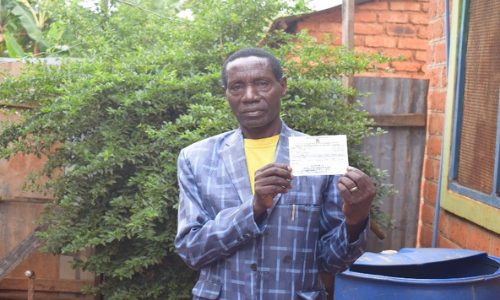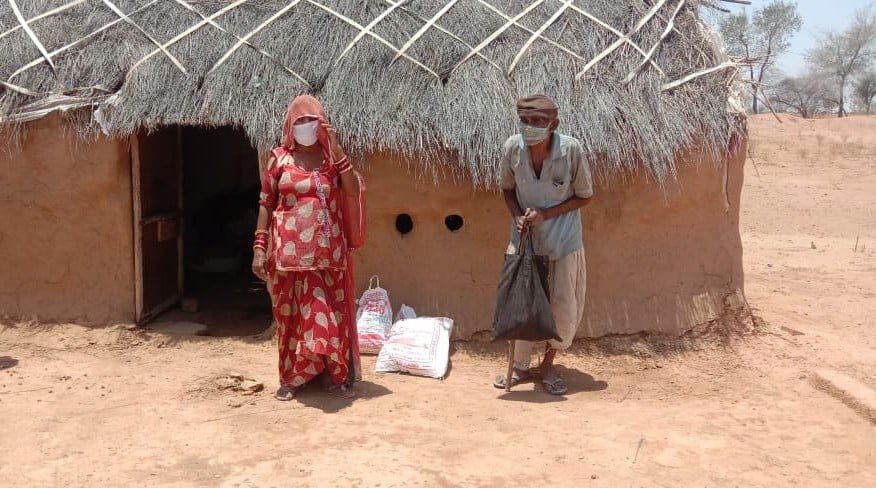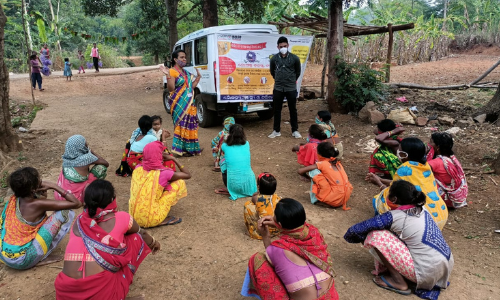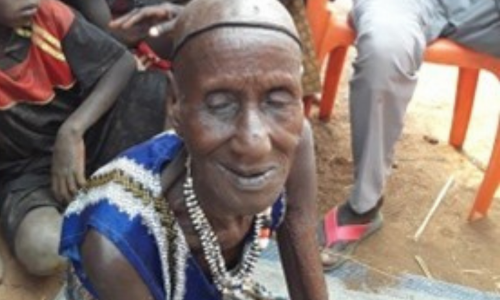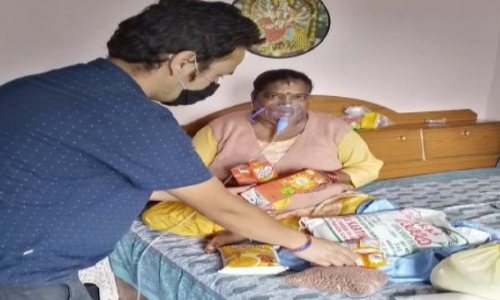Millions live in poverty in Kenya, struggling to access basic services such as healthcare or generate an adequate income. Older people are typically among the poorest and most neglected.
As their children head to urban areas for work, many older people are left alone in rural areas, often feeding and raising their grandchildren while trying to make a living by farming their land. Only four in 100 people in Kenya have paid into a pension scheme in formal employment. This leaves the vast majority without a sufficient and reliable income in their later years.
Now that coronavirus has taken hold in the country and there are thousands of recorded cases, older people are more at risk than ever. Not only from the virus but also from a lack of income and accessibility to healthcare for other conditions too.
To help stop the spread of this life-threatening virus we are working to reach older people in Kibra and Dagoretti in Nairobi, two of the biggest urban slums. We will distribute 1,500 bars of soap and reusable facemasks and 600 hand sanitisers to 300 older people. Additionally, to help combat hunger due to loss of income we are also providing 300 older people with food vouchers.
With the help of regional partners, we are developing TV and radio communications specifically for older people to inform them about coronavirus and how to best protect themselves. We will also share information on accessing payments for the current Government Social Protection programme for people aged 70 and above.
To ensure that volunteers and staff are able to help older people through the pandemic we have provided meals and transport for 104 volunteers and older person gatekeepers in addition to eight members of staff.
